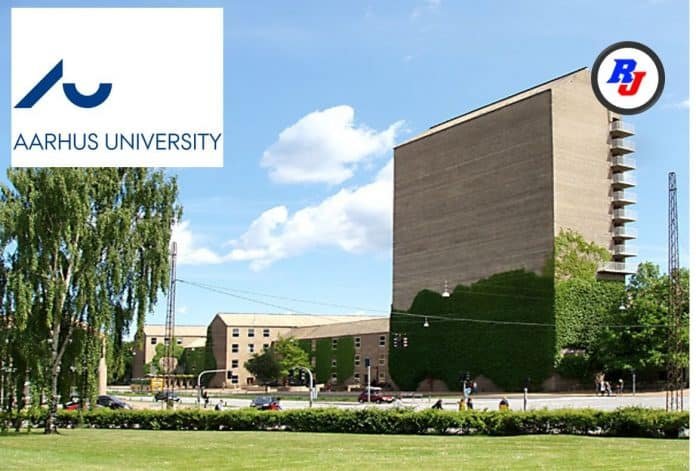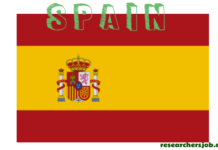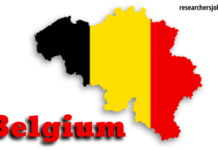PhD Scholarship in Experimental Science: Explore the hidden world of earthworm-plant interactions through an innovative PhD project. Develop high-throughput methods using custom imaging platforms and deep learning to characterize these interactions, crucial for sustainable agriculture. This project is the first phase of a comprehensive 5-year initiative employing advanced technologies to enhance our understanding of earthworms.
PhD Scholarship in Agricultural Ecology and Machine Learning
PhD in Agricultural Ecology and Machine Learning: An Underground Video Tracking System to Characterise Novel Earthworm-Plant Interactions
Summary Table
| Designation | Research Area | Location | Eligibility/Qualification | Last Date to Apply |
|---|---|---|---|---|
| PhD Position | Agricultural Ecology and Machine Learning | Aarhus University, Denmark | Master’s degree in experimental science, programming skills, lab experience, image processing | August 31, 2024 |
Designation: PhD Position
Research Area: Agricultural Ecology and Machine Learning
Location: Aarhus University, Denmark
Eligibility/Qualification:
- Completed a Master’s degree (before January 2025) in experimental science (e.g., ecology, biology, engineering, experimental physics, etc.)
- Experience in planning and conducting laboratory experiments, ideally building custom setups
- Basic programming skills, particularly in R and Python
- Familiarity with image processing and imaging techniques
- Strong interest and motivation for sustainability and agroecology
- Advanced collaborative and interpersonal skills
- Fluency in English (written and spoken)
Job Description: Join the Digital Approaches for Resilient and Sustainable Agriculture (DARSA) group at the Center for Quantitative Genetics and Genomics (QGG), Aarhus University. Develop “The Wormitron,” an innovative open-source hardware system to image earthworms and plant roots continuously. This system will use cameras and 2D-terrariums to test hypotheses on the physiological and evolutionary implications of earthworm-root interactions. The project promises direct applications for sustainable agriculture and profound insights into these ecosystem engineers.
Supervision:
- Weekly meetings with direct supervisor Quentin Geissmann
- Encouragement to collaborate within and outside the group
- Opportunities to present research at international conferences
Location and Facilities:
- Research at QGG, Aarhus University
- Access to High-Performance Computing platforms and workstations, including GPUs
- Prototyping workshop for hardware (cameras, edge computing)
- Larger infrastructure through collaborations with the engineering department
Administrative Considerations:
- Application Deadline: August 31, 2024
- Expected Start Date: January 1, 2025 (flexible)
- Duration: Three years
- Stipend: Approximately 18,000 DKK (≈2,400 Euro) per month net salary
How to Apply: To ensure a fair assessment, refer to the formal offer on the university’s website and complete the online form. Evaluation is based on CV, motivation statement, and reference letters. Shortlisted candidates will be invited for an interview (online or in person). The top candidate will be offered the position.









